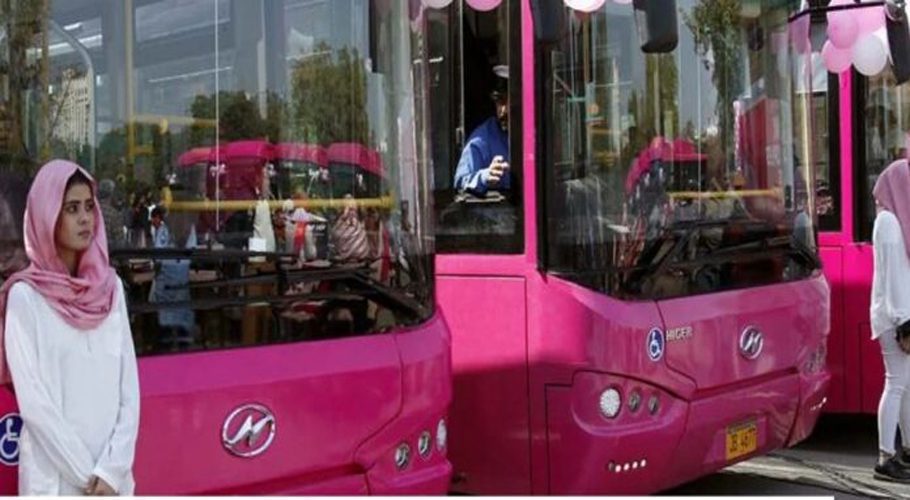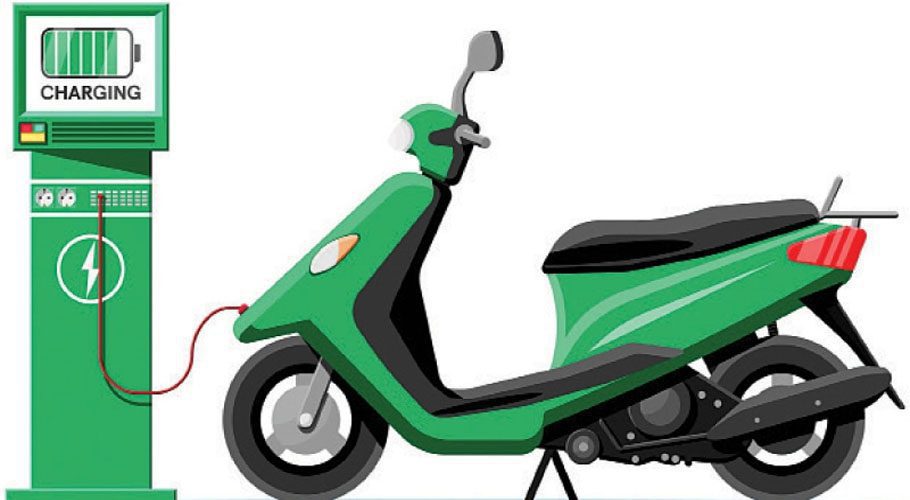![]() Follow Us on Google News
Follow Us on Google News
REYKJAVIK: Iceland looked to have elected a woman-majority parliament but a recount of votes on Sunday showed there will still be more men than women in the chamber.
Thirty women were elected to the 63-seat parliament in Saturday’s election, up from 24 in the previous vote. Earlier results before the recount late on Sunday had shown 33 women were elected.
Only three countries – Rwanda, Cuba and Nicaragua – have more women than men in parliament, while Mexico and the United Arab Emirates have a 50/50 split, according to data from the Inter-Parliamentary Union.
No European country has had more than 50 percent women lawmakers, with Sweden until now coming closest at 47 percent and Sweden at 46 percent, according to data compiled by the World Bank.
Iceland, a North Atlantic island of 371,000 people, was ranked the most gender-equal country in the world for the 12th year running in a World Economic Forum (WEF) report released in March.
Iceland has long been a pioneer in gender equality and women’s rights. The country, which was the first to elect a woman as president in 1980, had been quick to celebrate the presumed milestone.
Opinion polls had forecast the governing coalition would fall short of a majority, but a surge in support for the centre-right Progressive Party, which won five more seats than in 2017, pushed the coalition’s total count to 37 seats, according to RUV.
Members of the current government, which consists of Prime Minister Katrin Jakobsdottir’s Left-Green Movement, the conservative Independence Party and the Progressive Party, said before the election they would negotiate continued cooperation if they held their majority.
President Gudni Johannesson said he would not hand a mandate to form a new government to any party but would await coalition talks among the three parties.
The Independence Party remained the biggest in parliament with 16 seats, unchanged from the last election. Party leader and former Prime Minister Bjarni Benediktsson said he was optimistic the three parties could form a coalition and he would not demand that he lead a new government, RUV reported.
The Left-Green Movement got eight seats, down from 11 in the 2017 election, although two parliamentarians left the party shortly after the last election.


























